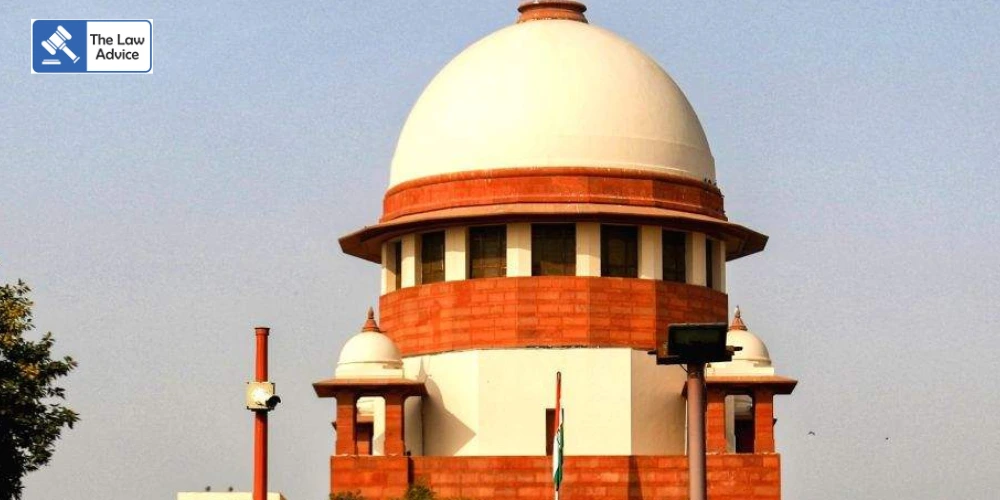The Supreme Court has directed the forced eviction of an 84-year-old tenant, Selvaraju, from premises in Salem, Tamil Nadu, after finding him guilty of deliberate and willful disobedience of its earlier orders to vacate.
A Bench of Justice J.K. Maheshwari and Justice Vijay Bishnoi ordered the Principal District Munsif, Salem, to take possession of the property with police assistance. The Court further directed that Selvaraju be taken into custody if he offers resistance. Additionally, he has been made liable to pay ₹10,000 per month as occupation charges with effect from January 2024.
Rejecting Selvaraju’s repeated pleas of old age, ill health, and financial incapacity, the Court held that these were “unreasonable excuses” intended to prolong illegal occupation. The Bench emphasized that any further failure to comply would result in the issuance of non-bailable warrants and imprisonment.
“In case he would not appear or is not complying with the order of this Court, we shall be constrained to take him into custody by issuing non-bailable warrant immediately and send him to jail awarding appropriate sentence,” the order stated.
The matter will now be heard on October 27, 2025.
Background Of The Case
• Selvaraju’s Special Leave Petition [SLP(C) No. 13281/2023] challenging his eviction had already been dismissed by the Supreme Court on August 14, 2023.
• While dismissing the plea, the Court granted him time until December 31, 2023 to vacate, subject to strict conditions: payment of arrears, filing of an undertaking, and abstaining from creating third-party rights.
• However, the tenant failed to file the undertaking or vacate the premises, triggering contempt proceedings.
Despite repeated opportunities, Selvaraju ignored Court notices. Even after the execution of bailable warrants in August 2025, he failed to appear on September 19. Instead, he sent letters citing age and ill health to justify his absence. The Bench held that these claims were “insignificant in the face of deliberate non-compliance.”
The Court concluded that Selvaraju had no genuine intent to vacate and was misusing procedural leeway.
T. Harish Kumar, AOR, appeared for the appellant.
Case Title: JAYAKANDAMMAL v. A. SELVARAJU | CONMT. PET.(C) No. 44/2025 in SLP(C) No. 13281/2023
